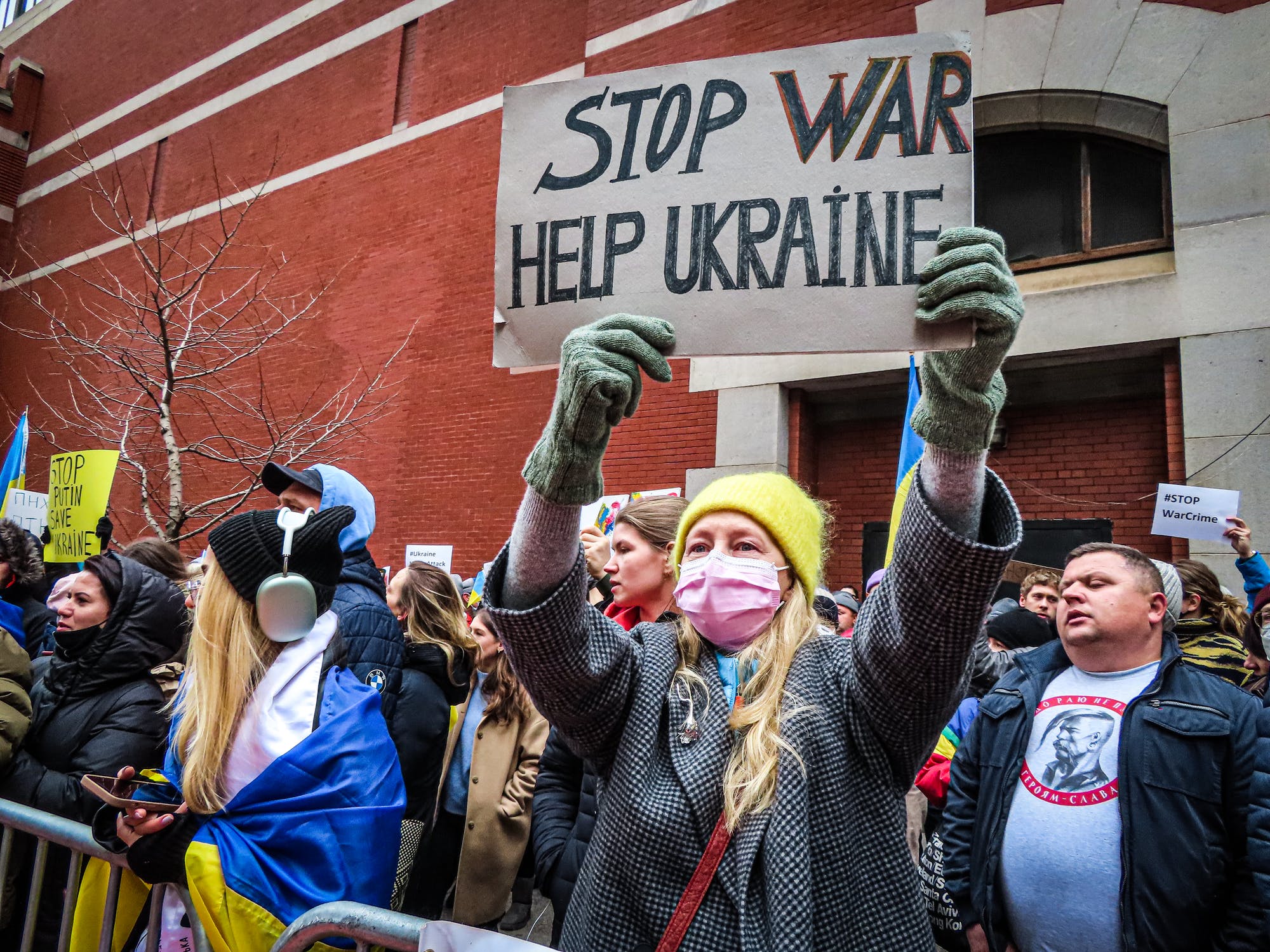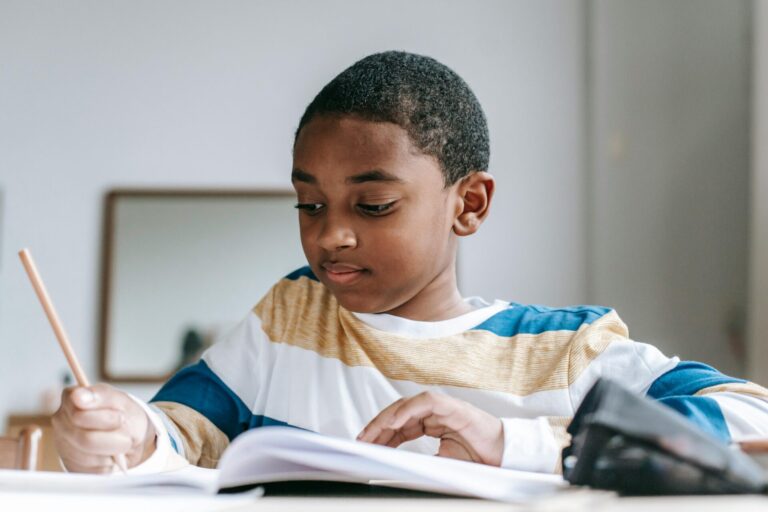After hearing the stories and seeing the images coming out from Ukraine over the past couple of weeks, most of us have felt at a loss for words. Most of us have had trouble understanding what we are seeing and watching. And, of course, most of us are adults… so how do we think younger children and even teens are processing it all? One of the best pieces of parenting advice I ever got was from my own mother, when I asked her why she was always such an open book with me. She responded, “I know you’re going to hear about certain things, and I’d rather you get the proper information from me.” This situation is no different. By having age appropriate conversations and answering the questions they might have, you can ease their anxieties, arm them with knowledge, and ward off the near-constant stream of misinformation.
Ask them what they already know and, if applicable, where they learned it!
One of the best ways to broach this topic (and other situations as they arise) is by simply asking your child what they already know. Do you know anything about what is happening? What have you heard? What do you know about what is going on? Maybe they’ll surprise you with what they already know. Maybe you’ll discover, right off the bat, that they are confused by what they’re hearing. Maybe you can clear up misconceptions before you get started. This is an easy way to get the conversation going, instead of rolling up your sleeves and beginning a lecture.
Another good question to ask is, “Where do you get your information?” Honestly, this is a fascinating question to ask anyone. I’m in my 30s and can admit I get a lot of my news from Twitter and TikTok (for better or worse). If your child uses a less-than-trustworthy source, try to steer them in a new direction. If they use a social media platform, work with them to find reliable and verified accounts they can follow.
Meet your child where they are, and remember it isn’t one size fits all.
My brother and I are close in age. However, after 9/11, the conversations my parents were having with him were vastly different than the ones they were having with me, and that was how it needed to be. You know your child and you know what they can handle. You know what level of understanding they’ll be able to have, and you’re the right person to answer questions and alleviate concerns.
If you’re on the fence about talking to your kids about Ukraine or letting them live in sweet, childlike bliss, our advice is a resounding TALK TO THEM! However, you’ll have to tailor the content and tone to your specific child.
Don’t minimize their fears.
For many parents, there are a few knee-jerk responses when a child says they’re scared: It’s OK! Don’t be scared! You’re fine! There is no reason to be upset! These things are said with good intentions, but they often backfire by minimizing and invalidating a child’s fears and emotions.
The situation is scary, the pictures are scary, and the stories are scary. It is OK to say those things. You absolutely can hear and validate their very reasonable concerns while simultaneously reminding them that they are safe with you.
If you can’t answer all of their questions, investigate together.
It’s pretty expected that you won’t know everything going on in this everchanging and highly complex crisis. And maybe you won’t need to know every detail, because your child won’t ask. However, if they’re one of those insatiably curious kids, they may have a barrage of questions that you can’t always answer with confidence.
If you find yourself stuck on one, invite them to look it up with you. Not only will you show them exactly how you find reputable sources and locate answers, you’ll also make them feel that you’re “in this together,” in a sense.
Turn anxiety into altruism.
In situations like these, sometimes the best way to make things feel less bleak is by doing something productive and helpful. One way to talk to your child about what is going on in Ukraine and teach them the importance of humanitarian aid is by having them get involved. Maybe they could do extra chores for money, and then donate that to a vetted cause of their choice. Maybe they could offer up their allowances as a donation. Obviously, the realistic options will vary from child to child, but you get the gist. This can be a teachable situation in so many different ways.
Turn off the TV and stop doom-scrolling.
My almost-3-year-old can sense my anxiety and nerves. (She will sternly remind me to “be happy” or “calm down.”) She’s not even 3! Older children understand everything. They know how you’re feeling. They listen to conversations. They feel the effects of doom and gloom news reports and overloaded social media feeds. Even if they don’t think it’s getting to them, it is. I’m not an advocate for sticking our heads in the sand to ignore what’s going on, but it is important to disconnect regularly as a family. So turn off the TV, put down your phones, and decompress.





